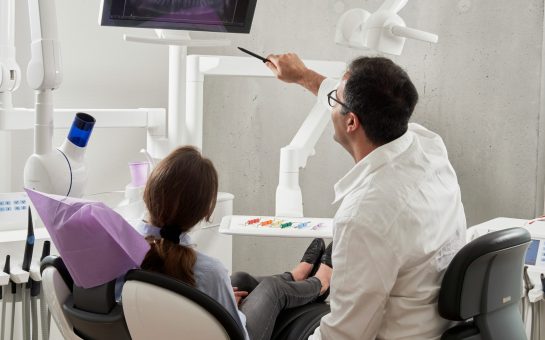People in the North West are less likely than other regions to be aware of when they are using Artificial Intelligence (AI), a study has shown.
A survey by the Office for National Statistics revealed that when asked how often they understood when they were using the technology, 35% of respondents in the region answered ‘hardly ever or never.’
Additionally, only 32% of North West respondents and respondents in Great Britain generally said they ‘Strongly Agree,’ or ‘Agree,’ with the statement that AI was beneficial to them. The results suggest a lack of understanding or distrust of the technology.
Associate Curator at Manchester’s Museum of Science and Industry Thomas Lean said: “When we look at AI now, it seems very much like an echo of previous promises that have been made about computer technology in the past; this thing that will come along and change absolutely everything, because it’s incredible and can do all these interesting things.
“In reality most technology […] gets adapted round society’s needs and wants rather than just doing what the technology wants.”
Over the past decade AI has been evolving more rapidly than ever before.
The development of language and image recognition technology in the 2010’s was surpassed with the emergence of programmes such as ChatGPT in 2022.
Today, the once-distant hopes for self-driving cars are becoming more of a reality, with the first such vehicles likely to be on our roads by 2025.
Despite the anticipation and ambition for what the technology will be capable of, many remain suspicious of the risks that it carries.
A survey conducted by the Ada Lovelace Institute and the Alan Turing Institute in 2022 found that though discussions surrounding AI were nuanced by nature, 57% were concerned that smart speakers like Amazon Alexa would gather information that could be shared with third parties.
However, 90% viewed the use of AI in detecting cancer as beneficial, while 70% said that speeding up processing at border control was an advantage.
On the further development of AI and the direction it will eventually go in, Lean said: “I think we are in one of those malleable phases of technology, we haven’t really decided as a society what difference AI is going to make yet.”
He highlighted that whether attitudes change towards AI will depend on how the technology is applied in society.
He said: “It’s about the use of technology rather than the technology itself.”
Featured image courtesy of Mike McKenzie via Flikr.




